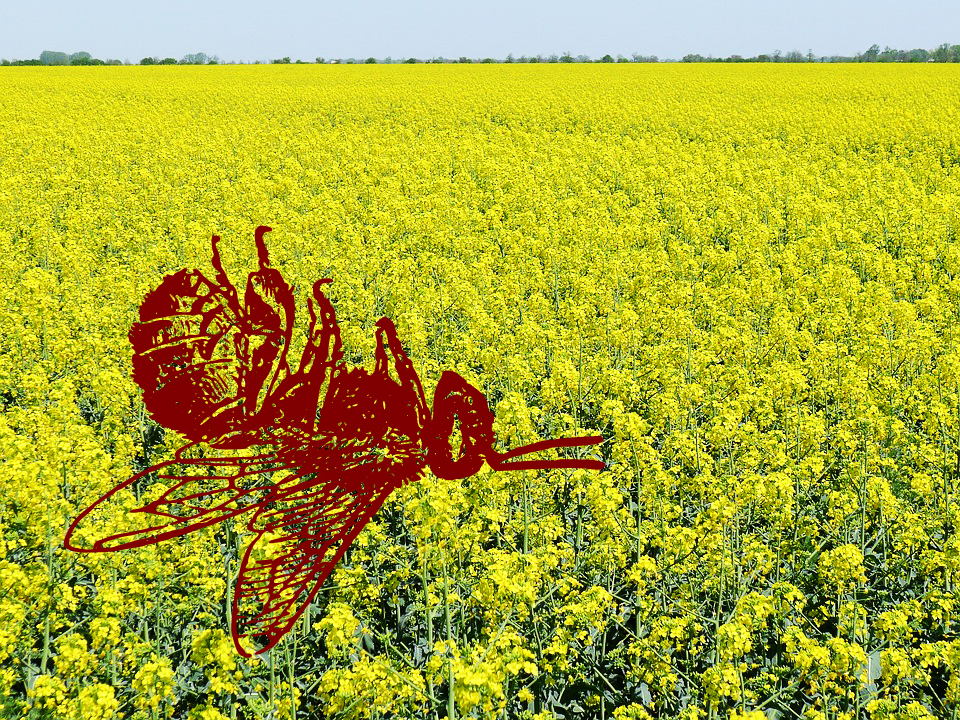Landscape planning for post-Brexit agriculture

George Monbiot (like most Guardian journalists) is bitterly opposed to Brexit. But he also understands how bad the Common Agricultural Policy has been for Britain’s much-loved rural landscape. He therefore makes a similar point to LI President Merrick Denton-Thompson that one of the opportunities of Brexit is to plan ‘a multi-functional countryside’ for the UK. Monbiot puts it like this:
The only fair way of resolving this incipient crisis is to continue to provide public money, but only for the delivery of public goods – such as restoring ecosystems, preventing flooding downstream, and bringing children and adults back into contact with the living world. This should be accompanied by rules strong enough to ensure that farmers can no longer pollute our rivers, strip the soil from the land, wipe out pollinators and other wildlife, and destroy the features of the countryside with impunity.
The UK’s opportunity is to buy public goods from farmers and, while doing so, help them produce higher quality sustainable foodstuffs which can sell at premium prices on world markets. British agriculture needs to be run like the Duchy of Cornwall’s farm enterprises.
Neonicotinoid pesticide coatings on oil-seed rape
Also in today’s news, oil seed rape provides a case in point. Greenpeace reports today that: ‘Neonicotinoid pesticides should be considered a serious threat not only to honeybees but also to many other species, according to a scientific review published today (12 January) by Greenpeace.’ The EU imposed a ban but the UK obtained a temporary exemption because reducing pesticide levels lowered crop yields. Should farmers be given a subsidy for not using pesticides? No. They should be fined for destroying public goods. But they should also be paid for providing public goods, like reducing the flow of surface water in ditches, streams and rivers.
